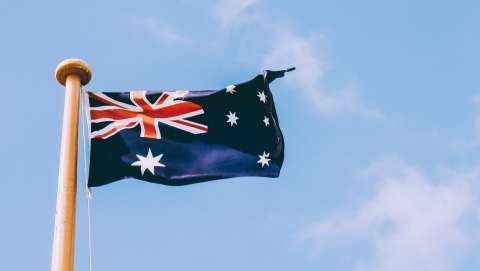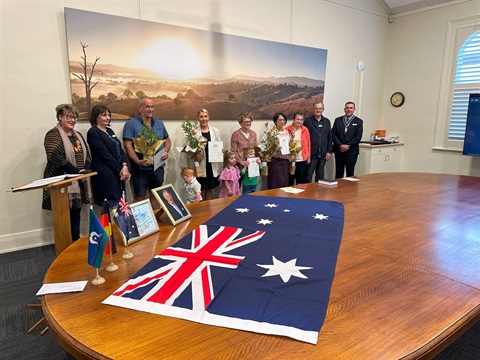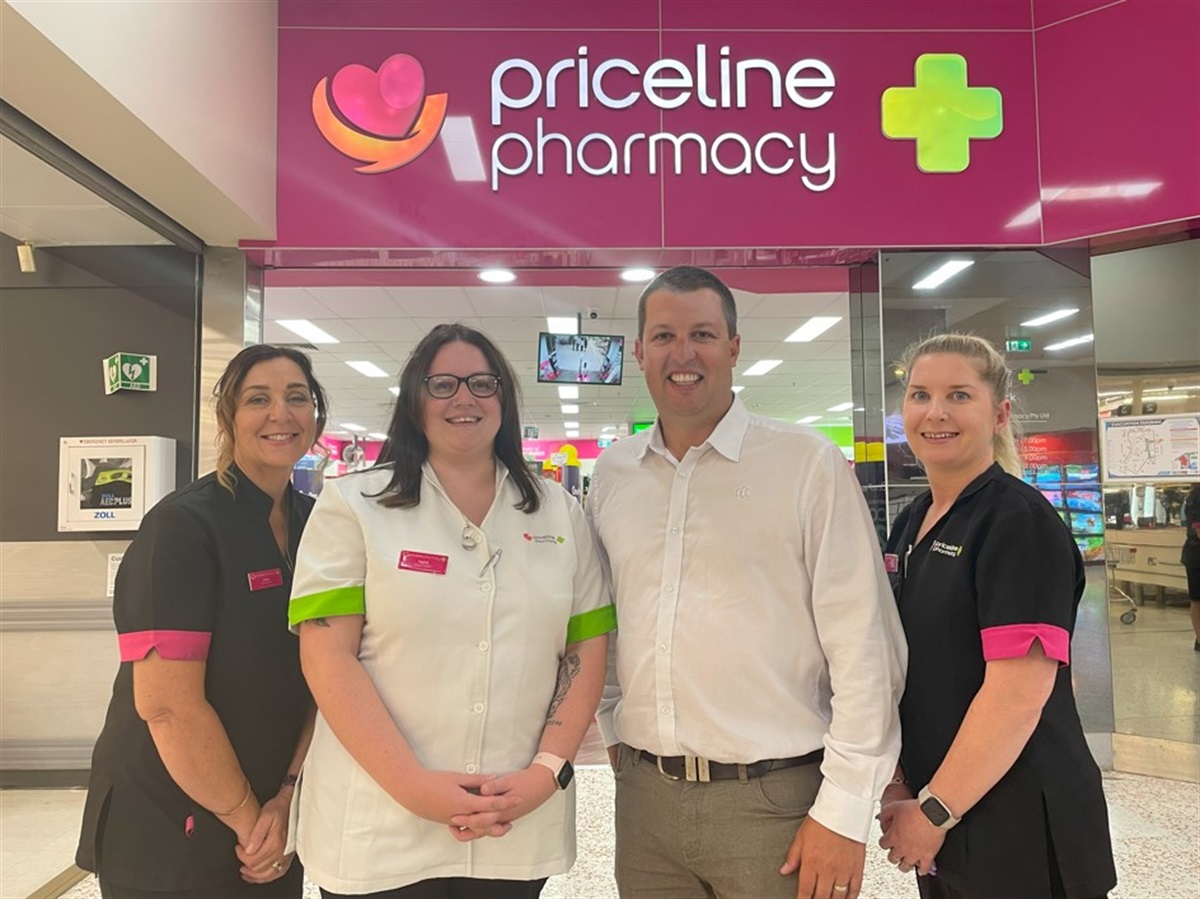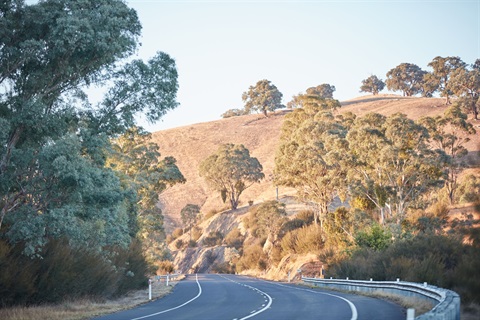La Trobe University-led research is providing clarity for the Australian grape and wine industry dealing with the impacts of smoke from controlled burns and bushfires.
Teams at the Australian Wine Research Institute (AWRI), La Trobe University and Agriculture Victoria assessed a range of treatments for smoke taint and developed early stage predictions aimed at reducing losses from smoke-impacted fruit and wine.
La Trobe Professor Ian Porter led the research program which determined how much smoke in a vineyard will cause tainted fruit and established an early warning remote sensing network that enabled taint risk predictions.
“Through this research, we determined that it takes more smoke to cause smoke taint than was originally thought and we are close to setting smoke taint thresholds,” Professor Porter said.
“Bushfires present a much higher risk of smoke taint than controlled burns, due to the larger volume of smoke and differing atmospheric conditions such as high winds.”
A number of smoke detection units were used in combination with the existing EPA networks in a number of states to monitor bushfires in the winegrowing regions of Tasmania, NSW and Victoria from 2018 to 2020. The researchers worked with local wine producers to determine the risk of taint according to the measurements determined by the smoke sensors.
“This experience demonstrated the value that a smoke detector network can provide as an early warning system to alert grapegrowers to the risk of smoke taint, based on the smoke dose measured’, Professor Porter said. ‘We also monitored over 40 controlled burns and showed that they generally were not a concern for smoke taint.”
Wine Australia Chief Executive Officer Andreas Clark said the findings built on Australia’s international reputation for smoke taint research.
“Australia is the leading nation when it comes to understanding smoke effects on wine and winegrapes. It’s a very complex area of research, but our long-running and consistent studies have developed a solid knowledge base that can be called on in wine regions during fire events,” Mr Clark said.








